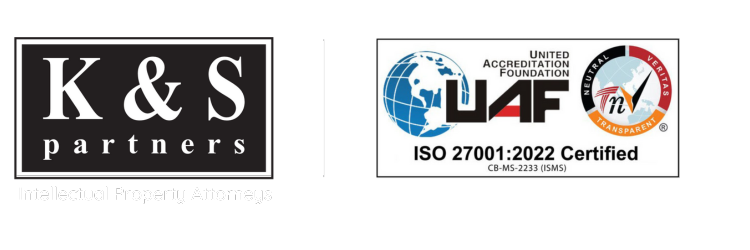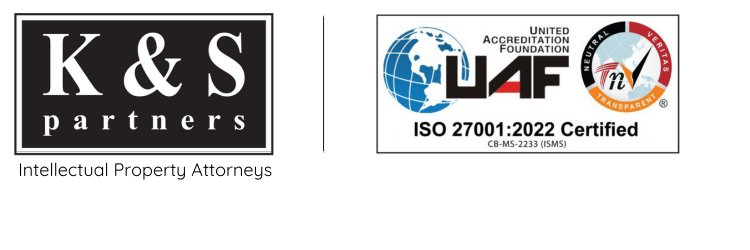The Department of Promotion of Industry and Internal Trade (DPIIT), under the Ministry of Commerce and Industry, Government of India, has notified the draft Trade Marks (1st Amendment) Rules, 2024 (draft Rules) and invited public suggestions and comments before February 9, 2023.
The draft Rules introduce two prospective provisions, Section 112A and 112B, to the Trade Marks Act, 1999 (Act) by Item 30(D) of the newly enacted Jan Vishwas (Amendment of Provisions) Act, 2023 along with related procedural guidelines. Additionally, also it suggests incorporating three new forms, namely Form: TM-D, TM-OPP and TM-DA, into the Second Schedule of the Act.
The key proposed amendments in the draft Rules include:
- Filing of Complaint (Form TM-D): Any person may file a complaint using Form TM-D against a false representation trademark under section 107 of the TM Act. [Rule 105A]
- Quashing and Dismissal of the Complaint Summarily: If no prima facie case for the maintainability of the Complaint has been made, the complaint shall be quashed and dismissed by the appointed Adjudicating Officer. [Rule 105B & 105C]
- Summary Proceeding: In a prima facie case, the alleged violator is served a notice and a complaint, and must respond with a written submission on Form TM-OPP within 15 days from the date of the issuance of the notice. [Rule 105D (a) & (b)]
- Manner of Holding Inquiry: A show cause notice shall be issued to the alleged violator and thereafter a final order shall be passed within 60 days. The draft proposes that while adjudging the quantum of compensation, three factors should be taken into consideration: (a) the amount of gain of unfair advantage, wherever quantifiable; (b) the amount of loss caused to any person; and (c) the repetitive nature of the default. [Rule 105D (c)]
- Time-Period Extension: The time period for responding to the show cause notice can be extended on showing sufficient cause and the payment of fees. An adjournment order may also be passed at the hearing. However, the proceeding must be completed and the penalty or compensation must be imposed or awarded, respectively, within 90 days. [Rule 105D(d)]
- Appeal: Aggrieved parties can appeal, using Form TM-DA within 60 days of receiving the order, accompanied by a fee of INR 5,000 (~ USD 60) in favour of the Appellate Authority. [Rule 105E]
- Registration and Disposal of Appeal: General rules as to registration, admission and serving a copy of the appeal shall be followed. The responses need to be filed within 21 days, extendable by another 21 days. The hearing will be scheduled no earlier than 30 days after notifying the parties about the same, shall be fixed for hearing the appeal and on which the Appellant Authority may pass any order including an order of adjournment. [Rule 105F & 105G]
- Procedure in Appeal: The Appellant can plead on other grounds also, not specified in an appeal if the omission was not wilful or reasonable. The Appeal shall be heard and decided within 60 days from the filing date, where possible. One adjournment may also be granted to the parties. Further, the appeal may be disposed of ex-parte also, however, this order may be set aside and the appeal may be restored, not beyond 1 year, on showing sufficient cause of the absence by the opposite party. [Rule 105H]
Stakeholders are invited to submit their suggestions or objections to these rules by February 9, 2024. To share your suggestions and comments with us, please reach out directly to your K&S Partners contact by February 3, 2024.

